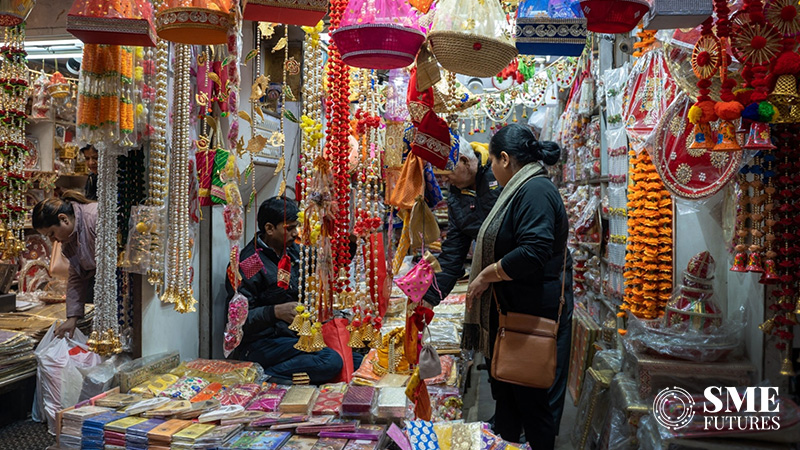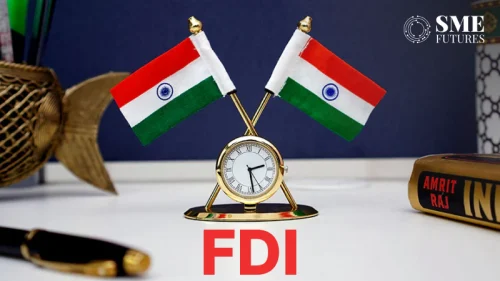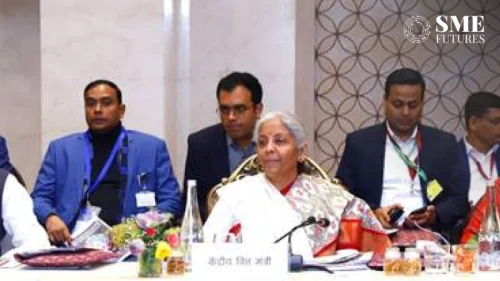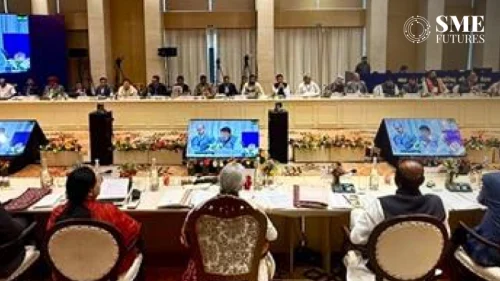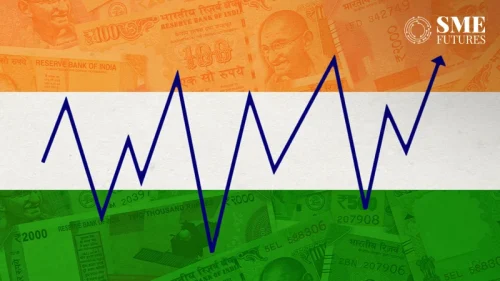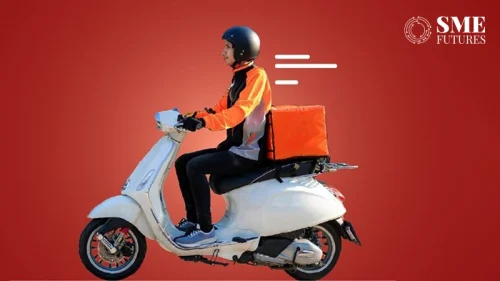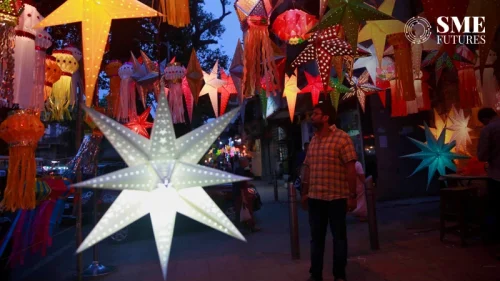A majority of urban Indians (52 per cent) claim they have been finding it difficult to meet their monthly expenses in the last three months, YouGov’s Diwali Spending Index said.
Increase in the cost of living due to inflation was stated as the biggest reason for this (as said by 39 per cent), followed by increase in cost of living due to other reasons (30 per cent). This has affected spending behaviour, with people postponing or cancelling big spends in the next few months (32 per cent) or taking steps to reduce or cut spends on non-essential items (31 per cent). Some have used savings (17 per cent), while others have borrowed money or taken loans to manage the situation.
As the data shows, although there has been an improvement in net perceptions on income and savings versus last year, with urban Indians trying to battle the rising cost of living, they may be forced to cut down their spending on non-essential items during the upcoming festive season, leading to some adverse impact on retailers and brands.
Commenting on this, Deepa Bhatia, General Manager at YouGov India, said, “As the data shows, the rising cost of living is likely to have an unfavourable effect on discretionary spending this festive season. With consumers being cautious, brands and marketers will have to emphasise on affordability through offers and value for money propositions. An understanding of consumer sentiment will enable them to communicate better and manage the expectations of their target audience.”
As brands prepare for the upcoming festive season, YouGov’s Diwali Spending Index reveals a spending propensity of 96.43 among urban Indians.
Since 2020, YouGov’s Diwali Spending Index has been tracking the spending propensity of consumers during the Diwali season. This year’s data reveals a slight increase in the spending propensity from last year (94.45 in 2022), highlighting a somewhat similar enthusiasm among consumers.

